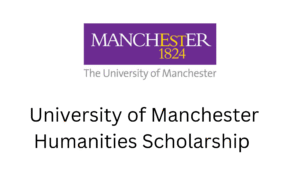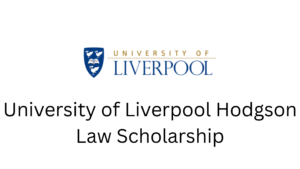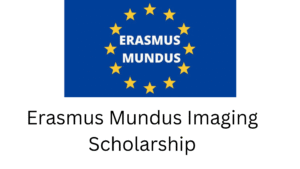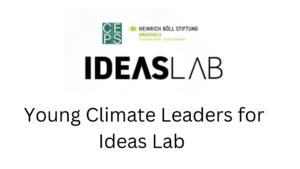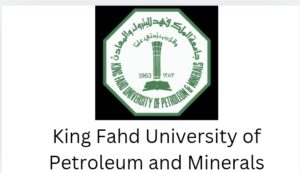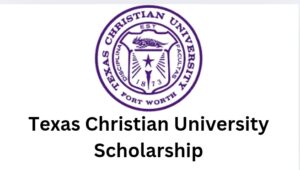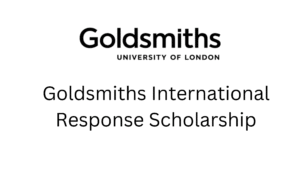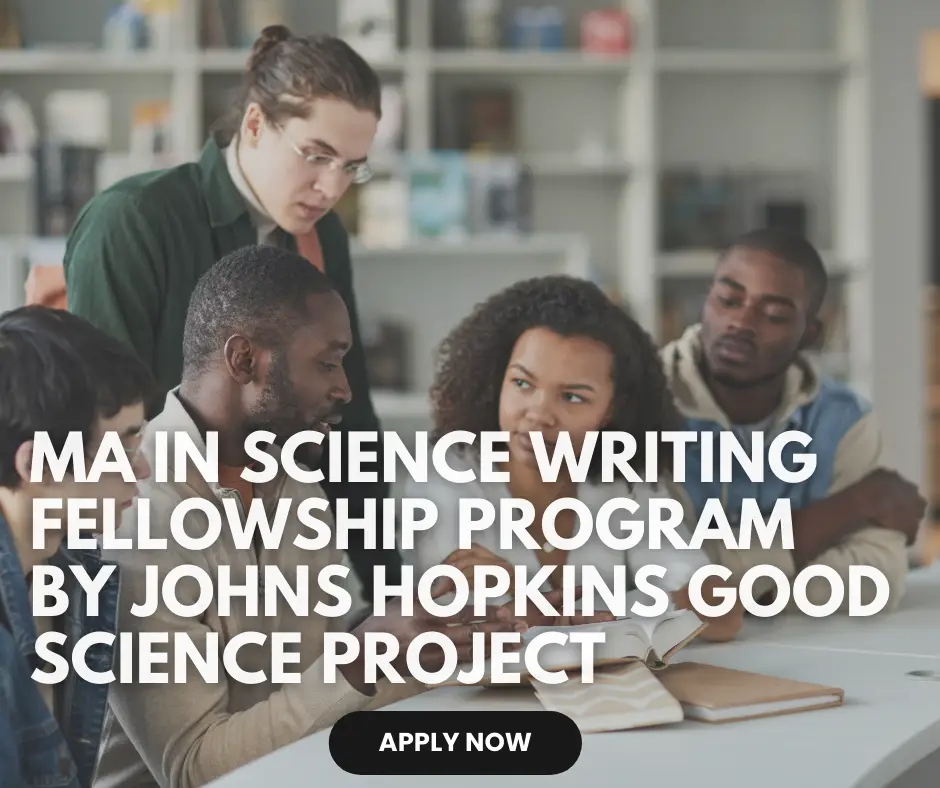
Table of Contents
About the MA in Science Writing Fellowship Program
The Good Science Project Fellowship at Johns Hopkins University offers emerging science writers a unique opportunity to delve into critical issues related to U.S. science policy and funding. This fellowship provides a $5,000 reporting grant for feature-length magazine articles that focus on exposing and addressing key challenges in the way science is funded and practiced in the United States.
The primary goal of the fellowship is to enhance science journalism by supporting investigative reporting that sheds light on the flaws and obstacles within the U.S. science ecosystem while also proposing potential reforms. The program not only offers financial support but also serves as a valuable credential for aspiring science writers, providing career development and networking opportunities. Fellows’ work is expected to contribute significantly to public understanding of important scientific issues and encourage improvements in science policy that benefit society as a whole.
Eligibility Criteria for the Fellowship Program
This fellowship is open to emerging writers with a keen interest in science journalism, particularly those who are passionate about investigating and reporting on critical issues in science policy and funding. Applicants are encouraged to submit story ideas that explore the following key areas of interest:
- Obstacles to Funding: Investigating the barriers that prevent groundbreaking scientific ideas from receiving financial support.
- Government Funding and Incentives: Examining how government funding encourages or disincentivizes scientists to share data and produce accurate, reproducible findings.
- Recruitment Challenges in Biomedical Research: Addressing the difficulties of attracting new talent to biomedical research and how funding can play a role in overcoming these challenges.
- Bureaucratic Hurdles: Analyzing how administrative and bureaucratic requirements affect the daily life and productivity of scientists.
- Groupthink in Research: Exploring the difficulties of securing funding for research that challenges widely accepted scientific paradigms.
- High-Quality Research: Defining what constitutes high-quality research and proposing solutions to prevent resources from being wasted on low-quality or ineffective studies.
Required Documents for Application
Applicants are required to submit the following materials in order to be considered for the fellowship:
- Story Pitch: A well-researched story pitch of 1,000 words or less that outlines the proposed topic, key issues to be addressed, and the applicant’s qualifications to cover the story.
- Resume: A current resume that includes the applicant’s name, email address, phone number, and mailing address.
- Writing Samples: Two samples of previously published work demonstrate the applicant’s ability to research and write a feature-length magazine article. If the applicant does not have two published works, they may submit a letter explaining why they are qualified to write the proposed article.
Benefits of the Fellowship Program
The MA in Science Writing Fellowship Program 2025 offers a range of benefits to successful applicants:
💬 Get Paid in Dollars Just by Chatting With Lonely People
Imagine earning daily dollar income from anywhere in the world — no degree, no experience, no interviews — just your phone or laptop.
People are getting paid simply to chat, listen, and keep others company online. This short ebook reveals:
- ✔ Legit platforms that pay in USD
- ✔ How Africans can register & withdraw successfully
- ✔ What to say to keep conversations paid
- ✔ How beginners start with zero experience
Instant download • Works worldwide • Beginner-friendly
- Fellows will receive a $5,000 reporting grant to support their investigation and writing of a feature-length magazine article.
- The fellowship aims to enhance science journalism by addressing pressing issues in science policy and funding.
- Participants have the potential to meaningfully impact science policy by uncovering systemic flaws and proposing actionable solutions.
- The program offers significant career development opportunities for emerging science writers, providing them with valuable credentials and experience in investigative reporting.
- Fellows will have opportunities to network with professionals and experts in science journalism and science policy, helping broaden their professional contacts and future career prospects.
How to Apply
To apply for the MA in Science Writing Fellowship Program 2025, applicants should send an email containing the required documents in PDF format to goodscience@jh.edu. The deadline for submitting applications is November 15, 2024. All applicants are encouraged to carefully review the fellowship criteria and ensure that their story pitch aligns with the program’s areas of interest.
This fellowship represents a unique chance for emerging writers to contribute to the field of science journalism and engage with critical issues that shape the future of science policy and practice in the United States.
See also:
Valencia College Global Achievers Scholarship 2025/2026 for International Students: Apply Now!
Coca-Cola Scholarship 2024–25: Apply Now!
The University of Turin Scholarships 2024/25 in Italy: Apply Now!
🔥 Want to Make Money Online the Right Way?
Discover how smart people are quietly earning with AI, Email Marketing, CPA, LinkedIn, Online Teaching & Content Creation.
This is not theory — it’s a step-by-step system.
👉 Get the Ebook Now

